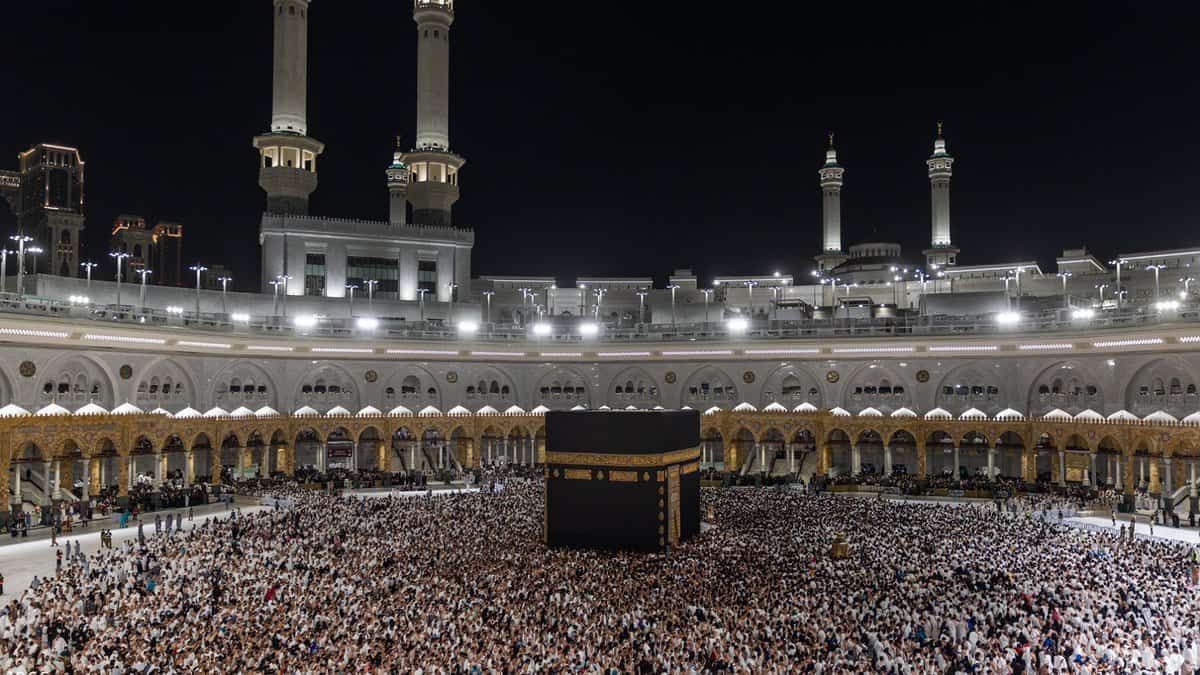
Riyadh: The Kingdom of Saudi Arabia’s General Directorate of Passports (Jawazat) has announced the commencement of electronic applications for entry permits to Makkah for expatriate workers ahead of the upcoming Haj 1446 AH – 2025 season.
Expatriates can now apply via the Ministry of Interior’s official platforms — Absher and the Muqeem portal — removing the need to visit passport offices in person.
The service is integrated with the unified digital platform for Haj permit issuance, Tasreeh, ensuring a streamlined process.
Through the Absher Individuals platform, permits can be issued for domestic workers, dependents, Premium Residency holders, investors, mothers of Saudi citizens, and GCC nationals, upon submission of the required documents.
The Muqeem portal facilitates permit issuance for employees of Makkah-based establishments, seasonal work visa holders, and individuals with employment contracts linked to such establishments during the Haj period.
Starting Wednesday, April 23, residents within the Kingdom must obtain permits to enter Makkah. Residents without permits will be denied entry and returned to their original location.
Exemptions apply to residents with a work permit issued specifically for the holy sites, individuals with a resident ID registered in Makkah, or those possessing valid Haj permits.
Additionally, the issuance of Umrah permits through the Nusuk platform will be suspended from April 29 to June 10 for citizens, GCC nationals, residents, and visitors on other visa types. From April 29, entry to Makkah will be restricted exclusively to individuals holding a valid Haj visa.
In 2024, approximately 1.8 million Muslims performed Haj, including 1.6 million international pilgrims.
Haj is one of the five pillars of Islam and is a mandatory religious duty for Muslims who are physically and financially able to undertake the pilgrimage at least once in their lifetime.

